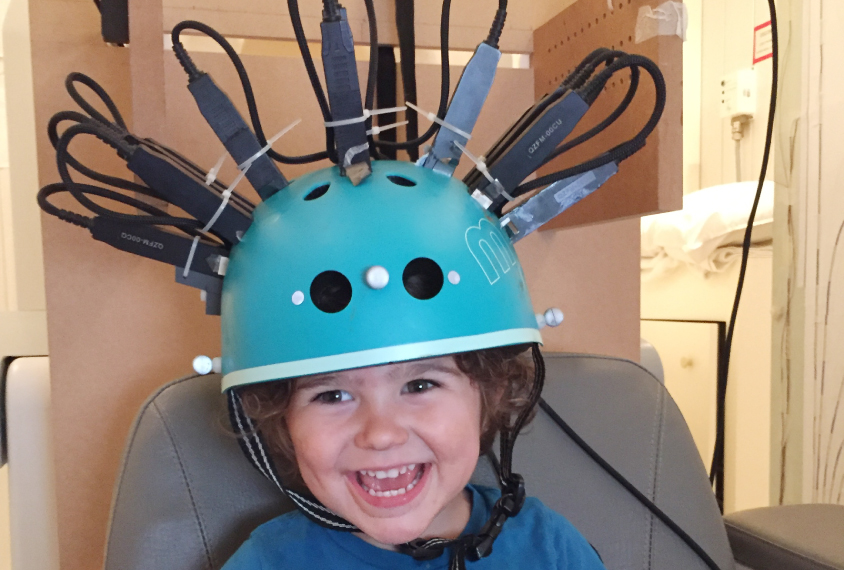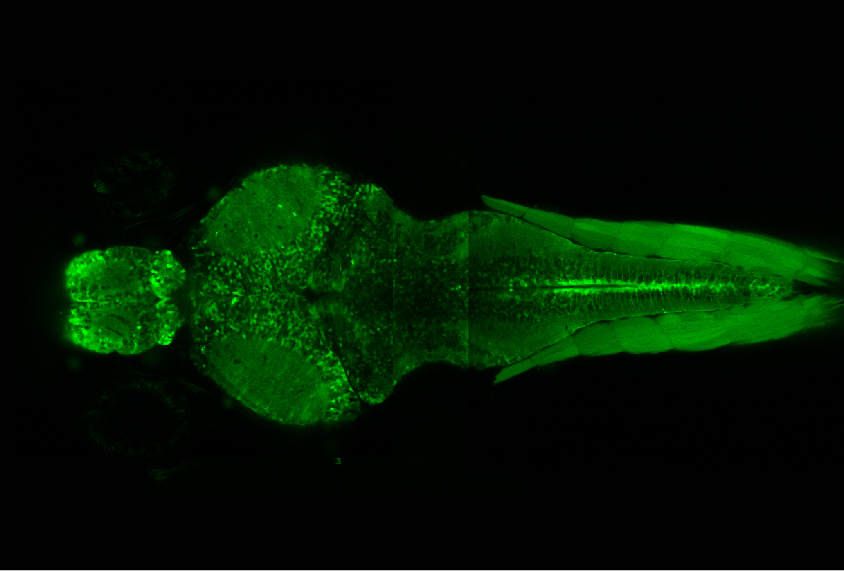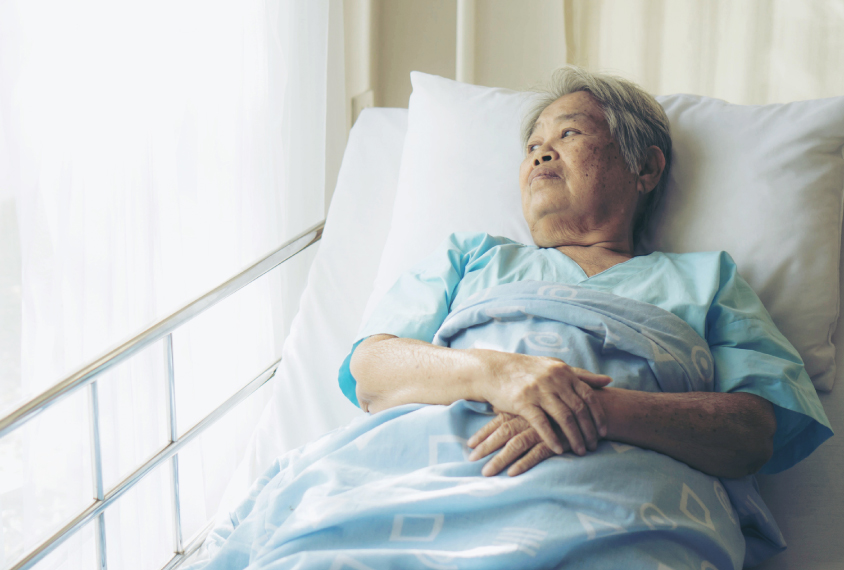Princess Ojiaku
From this contributor
Modified bike helmet scans brains of people in motion
A magnetic scanner fitted within an ordinary bicycle helmet may make it easier to visualize autistic children's brains.

Modified bike helmet scans brains of people in motion
Zebrafish show true colors as models for autism sleep studies
Sleeping zebrafish show two patterns of neuronal activity that are analogous to those in people.

Zebrafish show true colors as models for autism sleep studies
For autistic adults, a hospital stay carries high risk of death
Adults with autism are nearly 50 percent more likely to die in the hospital than their typical peers.

For autistic adults, a hospital stay carries high risk of death
Explore more from The Transmitter
Machine learning spots neural progenitors in adult human brains
But the finding has not settled the long-standing debate over the existence and extent of neurogenesis during adulthood, says Yale University neuroscientist Juan Arellano.

Machine learning spots neural progenitors in adult human brains
But the finding has not settled the long-standing debate over the existence and extent of neurogenesis during adulthood, says Yale University neuroscientist Juan Arellano.
Xiao-Jing Wang outlines the future of theoretical neuroscience
Wang discusses why he decided the time was right for a new theoretical neuroscience textbook and how bifurcation is a key missing concept in neuroscience explanations.
Xiao-Jing Wang outlines the future of theoretical neuroscience
Wang discusses why he decided the time was right for a new theoretical neuroscience textbook and how bifurcation is a key missing concept in neuroscience explanations.
Memory study sparks debate over statistical methods
Critics of a 2024 Nature paper suggest the authors failed to address the risk of false-positive findings. The authors argue more rigorous methods can result in missed leads.

Memory study sparks debate over statistical methods
Critics of a 2024 Nature paper suggest the authors failed to address the risk of false-positive findings. The authors argue more rigorous methods can result in missed leads.